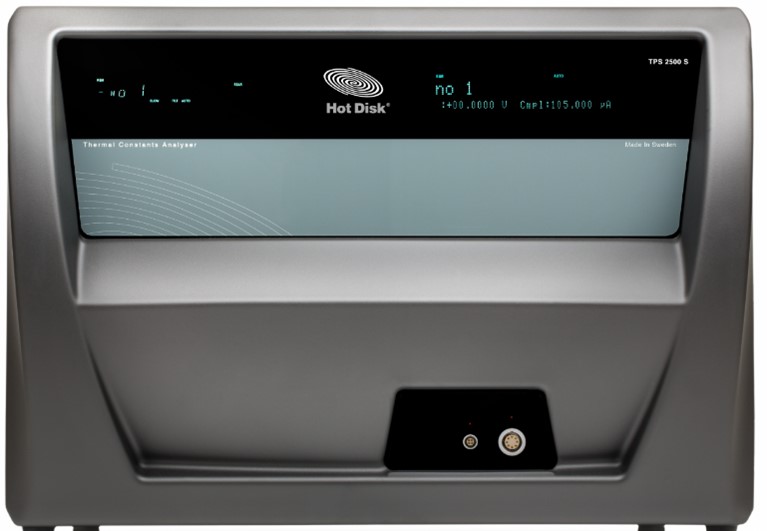
In the last ten years, space organisations globally, along with new market players, have made it easier to access space for scientific and technological research. This movement towards making space more accessible has attracted a broader spectrum of scientists who were previously unaware of the possibilities for conducting experiments in space. This growing group includes experts from various fields such as biology, physiology, pharmaceutical chemistry, fluid physics, soft matter, and thermodynamics, although this list is far from complete.
However, many researchers from this broadened community may not completely grasp the intricate requirements for setting up and carrying out space experiments. CRESTLAB has been established to provide an extensive research platform to assist both academic and industrial sectors in designing, preparing, and performing benchmark experiments on Earth, which can then be modified for different space environments—whether it be in microgravity, lunar or Martian gravity, or hyper gravity.
CRESTLAB is structured around four specialized laboratories—Life Sciences, Material Sciences, Physical Sciences, and Data Science—along with two technical workshops. These facilities boast advanced instruments and support services that cover all phases of space experiment planning, from the initial engineering design and breadboard construction to early testing and data analysis.
Along with the technical support offered by our experts at CREST, here is a list of some major equipment available at CRESTLAB to help design space experiments:
TPS 2500S
Brand: HOT DISK
Description: Multi-purpose, highly performing R&D thermal conductivity meter is designed for precision analysis of thermal transport properties of materials of all types: solids, liquids, powders, and pastes. It is frequently used in automated production line QC testing. The TPS 2500 S handles sub-millimeter-thick bulk samples, has a Thermal Conductivity range of 0.005 to 1800 W/m/K, and accommodates temperatures from cryogenic to 1000°C. It can also analyze the anisotropic thermal transport properties of uniaxial materials. The TPS 2500 S is a capital research instrument, meets ISO 22007-2 and is CE marked.

